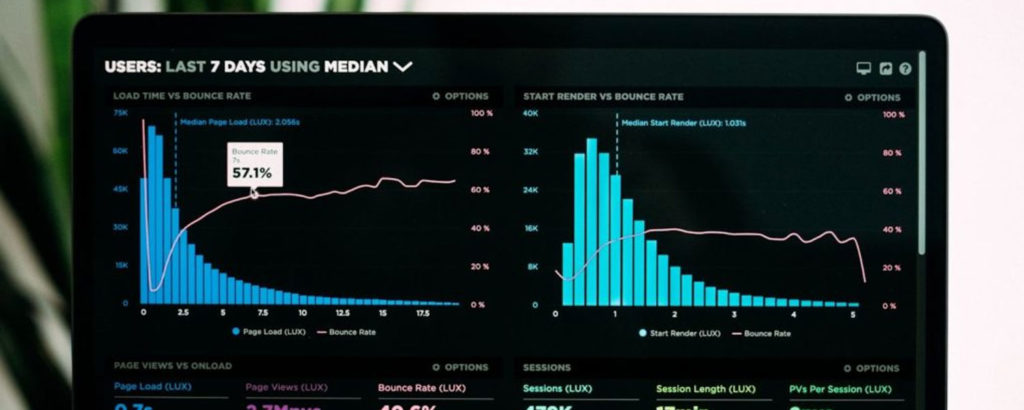Mitch Tulloch has even more book recommendations.
Securing Windows Server 2003
Securing Windows Server 2003. Mike Dangeglio has done a good job covering the security essentials of the Windows Server platform, and in just over 400 pages he takes you all the way from the basics (like physical security) to advanced topics like setting up a public key infrastructure, implementing smart card technologies, locking down Internet Information Services, and securing Active Directory. Security is a big topic though and don’t expect to become an expert just by reading this or any other single book. Nevertheless, Mike’s book is a good overall introduction to the subject and helps get you started in the right direction by giving you both the underlying concepts of Windows security and step-by-step procedures on how to implement it.
Network Security Hacks
Network Security Hacks. Andrew Lockhart covers a wide range of security topics in this short book, and many of them will be useful to the enterprise network administrators. O’Reilly’s Hacks Series are an innovative series of books that each collect together 100 “hacks” (non-obvious advanced tips and tricks) developed either by the author or by individuals in the larger IT community, and they’re generally great books to have (I even wrote one myself called Windows Server Hacks). Andrew’s book is a mix of UNIX and Windows security tricks, with the greater share of the focus being on UNIX-based networks. But Windows administrators can still find useful nuggets in this book, while many other recommendations are cross-platform in nature and apply in any networking environment.
PC Hacks
PC Hacks. Jim Apinwall takes you under the hood in this book to show you how to tweak your PC’s hardware to boost performance, workaround limitations, and do things you wouldn’t expect your hardware to do. The 100 hacks in this book cover a wide range of topics including hacking your BIOS, motherboard, CPU, memory, hard drive, video system, and more. There are also tips on hacking the Windows boot process and protecting your system from malware, and while some of the info deals with older hardware and is a bit dated, I’ve still been able to glean enough new tips from this book that it’s won a place of mention on ITreader.net, my new blog where I do the reading that most busy IT professionals don’t have time to do themselves (and they benefit from my reading as if they had read these books themselves). Anyway, check out Jim’s book and check out my blog as well, where lately I’m focusing on Group Policy, Windows security, and other topics important to IT professionals.
Windows XP Pro: The Missing Manual, 2nd edition
Windows XP Pro: The Missing Manual, 2nd edition. David Pogue has updated his classic “missing manual” on Windows XP with new content covering wireless networking, Windows Firewall, and lots more. While not really aimed for IT professionals, this book gives a quick overview of concepts and basic tasks for working with Windows XP Professional, and if you have a family member or friend who is upgrading to XP from an earlier version of Windows you may want to give this book to them as a Christmas or Birthday present. They’ll be forever grateful as it will make their transition much easier.
Windows XP Power Hound
Windows XP Power Hound. Finally, a favorite geek of mine, Preston Gralla, who not only has written some great books but also manages WindowsDevCenter, another web site that I frequently write articles for, has come out with a new book to teach and old dog (me) new tricks about getting the most from Windows XP. Since I work mostly on the server end of things as far as Windows is concerned, it’s great to have books like this one to bring me up to speed on how to do end-user stuff quickly and efficiently, and that’s where this particular book excels. The topics here range from basic interface stuff to shell tricks, searching, utilities, browsing, email, even Microsoft Office. There are also chapters on networking, performance tuning, security, and crash recovery, but I already know most of that stuff–it’s how to do simple things like make Clippy go away that I have trouble with!









